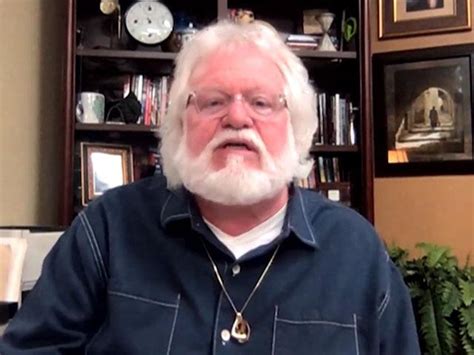A Quote by Jean de la Bruyere
Praise, of all things, is the most powerful excitement to commendable actions, and animates us in our enterprises.
Quote Topics
Related Quotes
Praise causes the presence of the Lord to come into our midst. Even though God is omniscient, He manifests His authority and rule in our environment when we praise Him. When we praise, God comes in and leads us forth... He does not just visit us, but He abides and aligns Himself with us to walk with us into the path that He has chosen for us.
The quality of everything we do: our physical actions, our verbal actions, and even our mental actions, depends on our motivation. That's why it's important for us to examine our motivation in our day to day life. If we cultivate respect for others and our motivation is sincere, if we develop a genuine concern for others’ well-being, then all our actions will be positive.
The only things in which we can be said to have any property are our actions. Our thoughts may be bad, yet produce no poison; they may be good, yet produce no fruit. Our riches may be taken away by misfortune, our reputation by malice, our spirits by calamity, our health by disease, our friends by death. But our actions must follow us beyond the grave; with respect to them alone, we cannot say that we shall carry nothing with us when we die, neither that we shall go naked out of the world.
For most of us, karma and negative emotions obscure the ability to see our own intrinsic nature, and the nature of reality. As a result we clutch on to happiness and suffering as real, and in our unskillful and ignorant actions go on sowing the seeds of our next birth. Our actions keep us bound to the continuous cycle of worldly existence, to the endless round of birth and death. So everything is at risk in how we live now at this very moment: How we live now can cost us our entire future.
But who can foresee such things? None of us can predict the final outcomes of our actions, and few of us even try; most of us just do what we do to prolong a moment's pleasure or to stop the pain. And even when we act for the noblest reasons, the last link of the chain all too often drips with someone's blood.
We have not done the things that are necessary to lower emissions because those things fundamentally conflict with deregulated capitalism. ... We are stuck because the actions that would give us the best chance of averting catastrophe - and would benefit the vast majority - are extremely threatening to an elite minority that has a stranglehold over our economy, our political process, and most of our major media outlets.








































